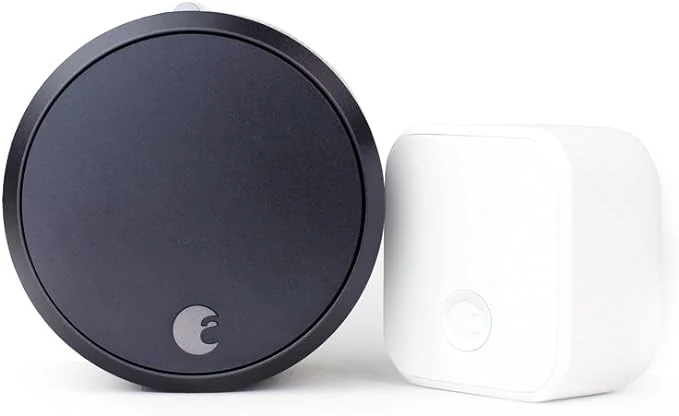Practical applications of smart devices for everyday tasks
In today's fast-paced world, many individuals and families are seeking solutions to streamline their daily routines. Smart technology has emerged as an imporatant advantage, providing practical tools that help manage everything from household chores to personal productivity. According to a report by Statista, the global smart home market is expected to reach approximately $135.3 billion by 2025, indicating the increasing reliance on intelligent devices to simplify daily tasks. This article explores several ways smart technology can improve everyday life, backed by statistics and real-world examples.
1. Smart Assistants for Scheduling and Communication
Smart assistants such as Amazon Alexa, Google Assistant, and Apple’s Siri play an integral role in managing our daily schedules and facilitating communication.
A Pew Research study revealed that as of 2021, 81% of Americans own a smartphone, and a significant number utilize built-in voice assistants for various tasks. For instance, voice commands can schedule appointments, set reminders, or even send messages without needing to type. A busy parent can simply say, "Hey Google, remind me to pick up the kids at 3 PM," leading to increased efficiency and less effort.
2. Smart Thermostats for Energy Efficiency
Adopting smart thermostats, such as the Nest Learning Thermostat or Ecobee SmartThermostat, can significantly reduce energy consumption. These devices adjust temperature settings automatically based on user behavior and preferences.
According to homeowners can save an average of 10-12% on heating and 15% on cooling by using a smart thermostat. For example, a family in a four-bedroom home using a smart thermostat could potentially save around $180 per year on energy bills.
3. Smart Lighting for Convenience and Security
Smart lighting systems, such as Philips Hue or LIFX, offer not just convenience but also energy efficiency and enhanced security.
These systems allow users to control their lights remotely via smartphone apps. A study from the American Council for an Energy-Efficient Economy (ACEEE) found that households could save between 20-30% on their lighting costs by switching to smart LED bulbs. Furthermore, users can set schedules or sync lights with the sunset to create the illusion of occupancy when they are away, thereby improving home security.
4. Smart Appliances for Food Management
Smart refrigerators and kitchen appliances can help with meal planning and grocery management, dramatically simplifying the cooking process.
Samsung’s Family Hub refrigerator includes a touchscreen that helps users manage their grocery lists, track expiration dates, and even suggest recipes based on available ingredients. According to the Food and Agriculture Organization (FAO), about one-third of the food produced globally each year is wasted. Smart technology can reduce this waste by providing timely notifications and reminders about food items.
5. Smart Home Security for Peace of Mind
Smart security devices such as Ring doorbells and Arlo cameras offer real-time surveillance and monitoring, enhancing security for single-family homes and apartments alike.
The 2021 Safety and Security report found that properties with security systems are 300% less likely to be broken into. For instance, if a homeowner receives an alert on their phone and sees someone approaching their door, they can quickly communicate through the device, dissuading potential intruders.
6. Smart Health Devices for Wellness Tracking
Wearable health technology such as Fitbit and Apple Watch empowers individuals to monitor their fitness levels and general health seamlessly.
According to a study published by the National Institutes of Health (NIH), individuals using wearable health technology increased their physical activity levels by 30%. By tracking steps, heart rates, and sleep patterns, users can leverage this data to maintain a healthier lifestyle and receive alerts for any irregularities, thereby simplifying health management.
Smart technology has become an essential part of modern living. With an expected market growth to $135.3 billion by 2025, the opportunities for smart devices to enhance our daily routines are endless. By adopting these technologies, individuals can save time, reduce time and effort, and improve their lives, proving that the path to a simpler, more efficient day is just a device away. As we move forward, integrating smart solutions into our routines will undoubtedly continue to evolve, making everyday tasks more manageable and enjoyable.











